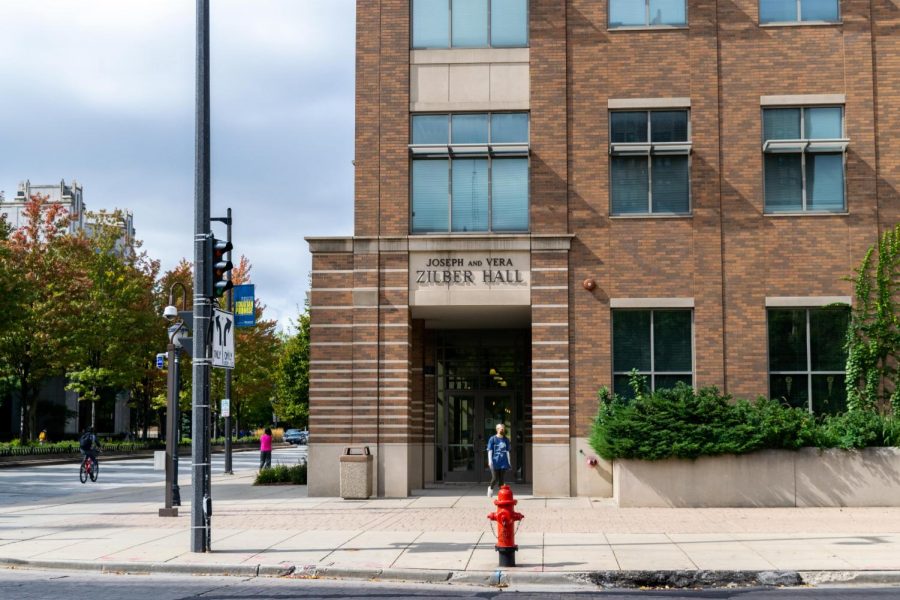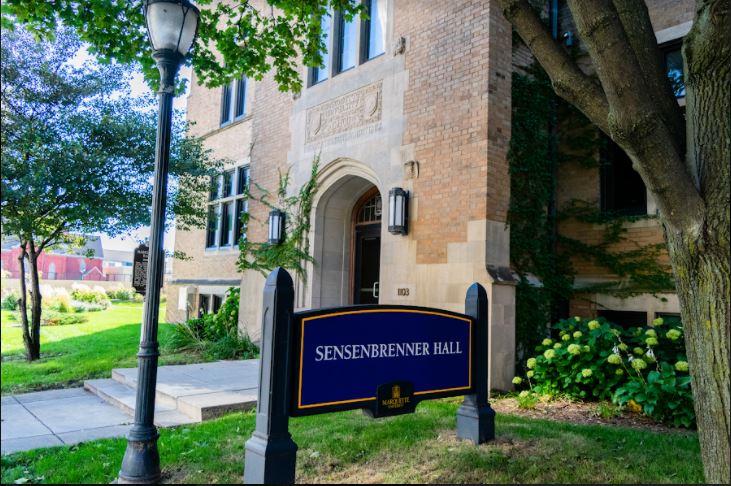A new tenure buyout policy for retiring professors will provide academics with more flexibility in how they choose to cash out their tenure upon retirement making it easier to plan for retirement and offer more options.
Tenure is a protection extended to university faculty that provides job security. This assurance allows for the natural ups and downs of academic success. If a professor’s research doesn’t produce immediate results, they can’t get fired for it. But some universities have realized that the solution to one problem created another – it can be difficult to get professors to retire. Tenure buyout is a policy for retiring professors that gives them a cash incentive in exchange for the surrender of tenure. Phased options give faculty members planning to retire sometime within the next few years a way to plan for their retirement date. Marquette’s new policy involved changing the old three-year schedule to a shorter two-year time frame.
The new options were put in place because the three-year phased transition was underutilized, said Sally Doyle, assistant provost for budget and division operations.
“We’ve been looking at the policy for some time because it was clear that the current policy in place simply wasn’t working,” Doyle said. “In the old policy, there was a phased option that was primarily taken advantage of by our Jesuits and there was only a few across several years. That part of the policy wasn’t terribly robust.”
Doyle hopes that the new phased options will be more attractive to faculty members because they can now retain tenure throughout their time at Marquette. In the previous policy, professors lost their tenure the day they applied for their buyout, leaving them without tenure for the last period of their employment.
“One of the things faculty members were really interested in was the ability to retain tenure throughout the phased option,” Doyle said.
Until Dec. 1, faculty can apply for an immediate buyout at any time and receive the cash equivalent to one year of their salary. After that, only faculty members younger than 69 will be able to cash out at 100 percent. Faculty between 69 and 70 will receive a payment of 25 percent of their salary and faculty over 71 will receive a five percent payment. Doyle said that the policy is fair to faculty that retire with only a five percent buyout because they will earn more money in the long run than faculty that retire earlier.
“If someone wanted to retire at age 72, they’re going to retire with a five percent buyout, but they’re going to have four extra years of full salary compared to someone that retires at 68,” Doyle said. “If you look at it that way, they fare better than everybody.”
Raymond Fournelle, an associate chair of mechanical engineering and member of the Promotion and Tenure Committee, said the policy will have a mixed reception among older faculty members.
“Amongst the older faculty, it’s a wash,” Fournelle said. “Anyone over 68 that retires this year will benefit from the 100 percent immediate buyout. However, if there’s a faculty member who is currently 65 and wants to stay until they’re 72, they’re going to receive less of a buyout.”
However, other Marquette professors say their colleagues should be excited about the flexibility the policy provides. James South, an associate dean for faculty and member of the committee that created the new buyout policy, holds this view.
“It gives faculty in the middle of their career a map for the future,” he said. “No policy is absolutely perfect, but overall it’s a good policy that provides options for faculty to make an informed decision based on when they’re ready to retire.”
At University of Wisconsin schools, a new tenure policy sparked dispute earlier this year when it allegedly stripped teachers of the guaranteed protection of their tenure.
Nick Fleisher, an associate professor of linguistics at UW-Milwaukee, said that he was frustrated with the changes. He believes tenure is an important protection for teachers.
“I thought the changes were very bad, deceptive, and unnecessary,” Fleisher said. “Tenure protects against administrators firing faculty that they don’t like. Scholars can research without fear of censorship, which allows for a search for the truth.”
At Marquette, feedback from faculty will determine the policy’s future.
“Time will tell if it’s good for faculty and if they take advantage of it,” South said. “We’ll need a lot of data.”







